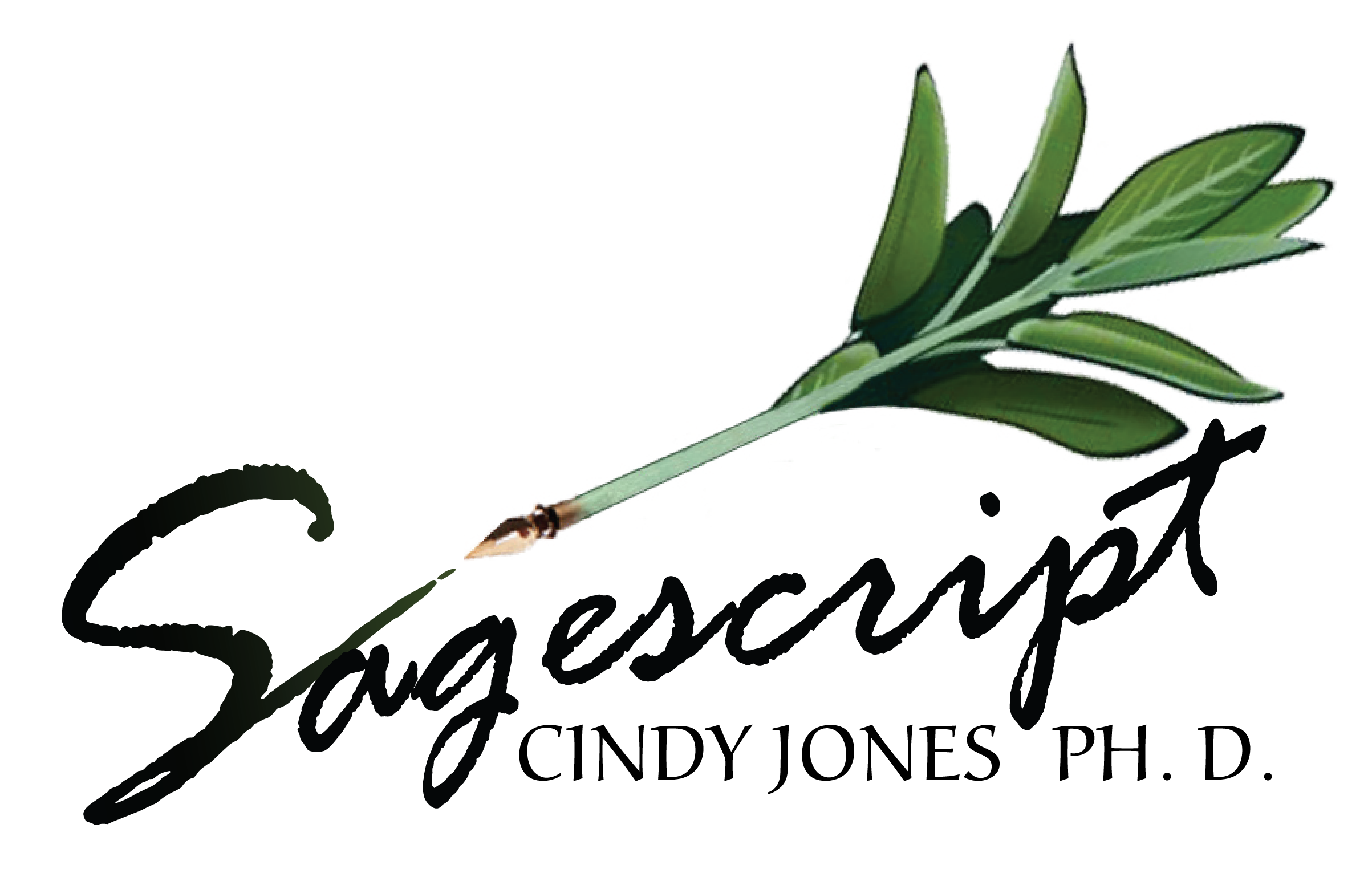What exactly do antioxidants do though? Antioxidants prevent or slow oxidative damage to molecules in the body’s tissues. This includes damage to lipids that make up the cell membrane, proteins that form the structure of skin and carry out metabolic processes, and DNA that carries the genes of the cell.
As any beginning student of biology has learned, oxidation reduction reactions are necessary for producing energy in the body. This chemical reaction transfers electrons from an oxidant to a reductant. These oxidation reactions can produce free radicals (or reactive oxygen species) that start a chain reaction that damages cells.
These oxidants are formed naturally by the body but are also formed from various environmental factors such as pollution and cigarette smoke and UV light as well as through some foods such as high fat and fried foods.
The only way to stop these series of oxidation reactions is with an antioxidant. The body does make some of its own antioxidants that include glutathione and superoxide dismutase. But antioxidants are naturally taken into the body through food, at least through healthy food such as fruits, vegetables and herbs.
Antioxidant strength can be measured in a number of ways including the ORAC test, DPPH radical scavenging assay and the ABTS assay.
Besides orally, antioxidants are also important topically. Some vegetable oils are high in antioxidants such as vitamin E and phytosterols. Infusing an oil with herbs can also add antioxidants to it. For instance, calendula which is high in carotenoids can release some of these carotenoids into an oil when it is infused. Various herbal extracts, green tea and cocoa can also provide antioxidants to skin care products used topically. Antioxidants are also added to food to help prevent deterioration of that food that occurs with exposure to air and sunlight. Oxidation of oils is what causes them to become rancid.

